
OR
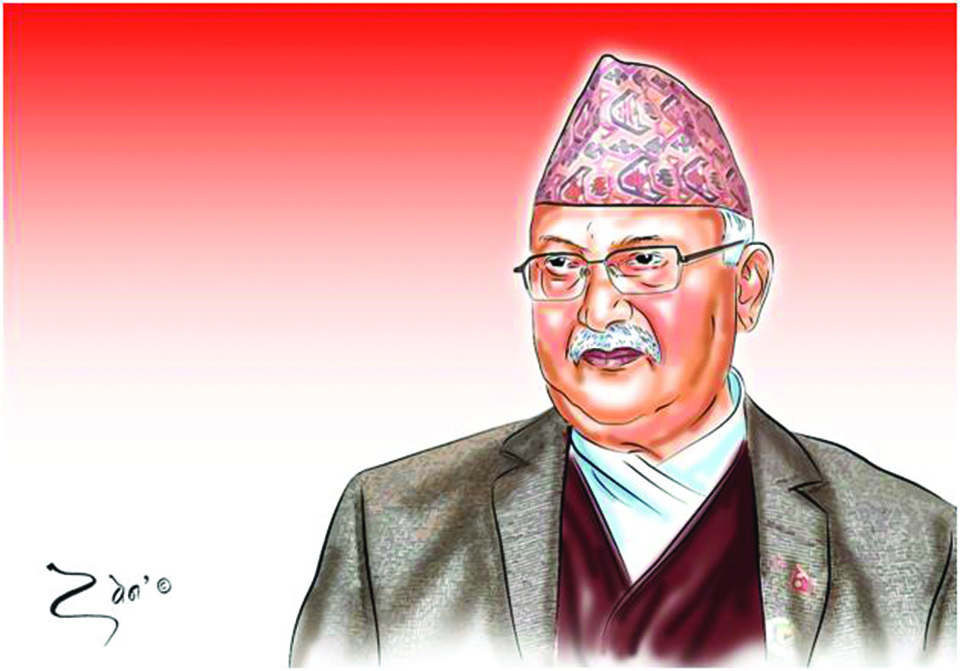
More from Author
The two-thirds majority government formed after 20 long years of short-lived coalition culture was expected to focus on nation building. It is missing that opportunity every single day
Weaknesses, challenges and, finally, failures have outnumbered strengths, opportunities and achievements of K P Sharma Oli’s government. It was just the other way around 16 months or so before, when he took oath of office following his party’s massive election victory. Both as ruling party chief and Prime Minister, he, at that time, seemed unchallengeable, and people hoped that he would prove his worth. He couldn’t. There are serious cracks in the party. Performance of the government has been lackluster. And his personal popularity has nosedived.
Shaky grounds
Despite the two thirds majority of the party in the parliament, he may be forced to step down anytime, for credible reasons. He has made more enemies than friends and supporters both within the party and outside. Pushpa Kamal Dahal, the leader of Maoist faction of the unified Nepal Communist Party (NCP), is just yearning to replace him, citing the gentlemen’s (read secret) agreement reached between the two at the time of party unification. However, Oli is in no mood to oblige. In veiled threats, and as part of his pressure tactics, Dahal reminds time and again about the agreement even in his public speeches.
Dahal is unhappy with him, also because the latter, as the leader of larger faction of the unified party (former CPN-UML) has been running the party single-handedly, mostly bypassing him. Oli’s fellow contemporaries even from UML faction—Madhav Nepal, Jhalanath Khanal and Bamadev Gautam—are terribly dissatisfied with his arbitrary way of party functioning. The day Parliamentary Party members loyal to these leaders withdraw their support, Oli will be in trouble. While Gautam has already stood by Dahal, Nepal and Khanal, who disdain Oli, consider him as their strongest intraparty rival. Thus, despite having the strongest hold in UML rank and file, Oli’s premiership is not safe.
Oli and some of his ministers have constantly been annoying Nepali Congress, the main but mild opposition party, mostly by their unwarranted jibes and provocations. This has only added to the government’s troubles, especially in the parliament. But they don’t care. Oli’s other political opponents, especially the ones who accuse him of being ‘anti-federalism’ and ‘anti-Madhes,’ are far from satisfied by his poor implementation of federalism and reluctance to amend the constitution. They are just waiting for appropriate time and signal to launch the street protests.
Knowingly or unknowingly, Oli has isolated himself and defied the mantra of successful politicking: First try to win over or accommodate your opponents and, if not possible, at least don’t let them unite but rather ‘divide and rule.’ Yes, he may have sought and received assurances of support from the southern neighbor, the powerful geo-political force and factor in this country, by mending ways with them. But, New Delhi has never been predictable and it will have its own secret preferences for patronage when time comes.
Governance challenges
While the government’s priority seems to be misplaced, its performance has been dismal. Its focus and achievement in fulfilling election promises such as fast economic development and good governance has been miserable. Its energy and time has been misspent on matters that are controversial and less important. Think of Guthi Bill and Media Council Bill.
There is no denying that suitable reforms are overdue in several areas including in Guthi, media, IT related or cyber-crime issues. However, keeping in view the sensitive nature, and powerful stakeholders, of these areas, in the first place the government should have educated the masses on the merit of the proposed changes, or at least, consulted the stakeholders. It didn’t. The government tabled the controversial bill only to withdraw it later, as in the case of Guthi Bill, following the massive street protests and the threat of communal backlash from powerful Newar community.
If the strong government had effectively dismantled the notorious syndicate system prevalent in public transport, the masses would have chanted pro-Oli slogans in Maitighar Mandala, not anti-Oli, like they did on June 19. This is only an example of the mislaid priority of the government. There are several others.
Poor performance and pitiable priorities aside, the sharp tongues of Prime Minister, his advisors, some of his cabinet colleagues, especially the communication minister and spokesperson of the government, have only added to the unpopularity of the government. Instead of taking constructive criticism as feedback and ignoring the less important ones, they either mock the criticisms, or argue, or sharply react against them. Instead of using his metaphorical oratory and idiomatic expressions to win the masses, the Prime Minister wastes those skills in criticizing or challenging his detractors, that range from opposition leaders to media to social network site users. It seems that there is nobody in the Prime Minister’s core team of subordinates and advisors to remind him that this is not the way to work in a democracy.
Old habits
As an exercise in public relation and good governance, the government could have introduced ‘news making’ austerity measures, which, for obvious reasons, weak or coalition governments cannot do, and didn’t do in the past. The government didn’t do that either. Instead, ever since they took office, they have been squandering state coffers in buying luxurious assets such as expensive new cars, helicopters etc and in building view towers and in unnecessary foreign trips. Although the Prime Minister himself has not been personally mired in any corruption scandal, the same cannot be said about all his cabinet colleagues. Rampant corruption, that prevails in all government offices, and especially in the frontline offices that are supposed to deliver services to common people, hasn’t reduced at all.
In fact, the two thirds majority government formed after 20 long years of short-lived coalition culture was expected to focus on nation building that includes fast economic development. It didn’t. Partisanship, factionalism and nepotism have been the basis of most appointments made by this government. Crony capitalism has ironically become the norm of ‘communist’ government. All development projects of ‘national pride’ are time overrun and cost overrun. Melamchi Project is a case in point. The mega project supposed to provide drinking water to the people of Kathmandu is in disarray just before its near completion.
Thus, far from trying to remove the chronic ills of the nation and the statecraft, the government has, one after another, been indulged in self-inflicted troubles and controversies. If Oli and his trusted associates still believe, as they say, that others are responsible for their troubles, they are wrong. Oli’s survival will depend solely on his ability of introspection and his will to change his modus operandi.
The author is a political analyst based in Kathmandu
You May Like This
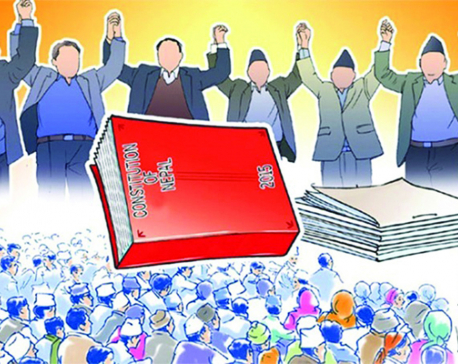
Killing the constitution
The more Prime Minister Oli wastes time dishing out slogans and false promises, the more he will be pushing the... Read More...
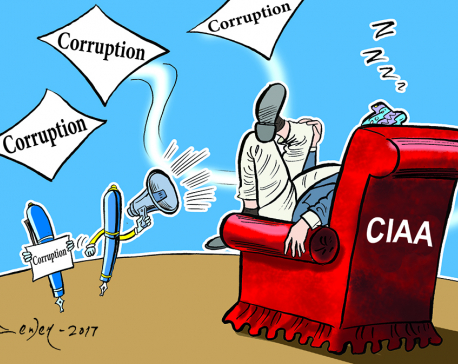
Back to misrule
If Prime Minister Oli wants to make the country prosperous on the foundation of corruption and misrule, he will surely... Read More...
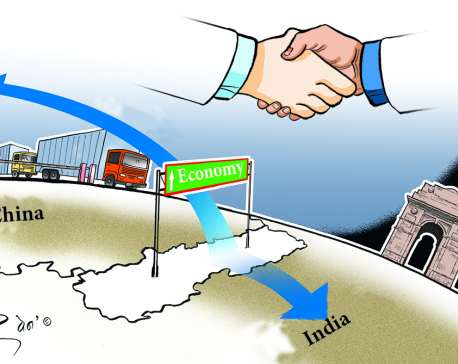
Tap the opportunities
Low level of economic integration combined with untenable trade deficit is making Nepal vulnerable to external shocks ... Read More...
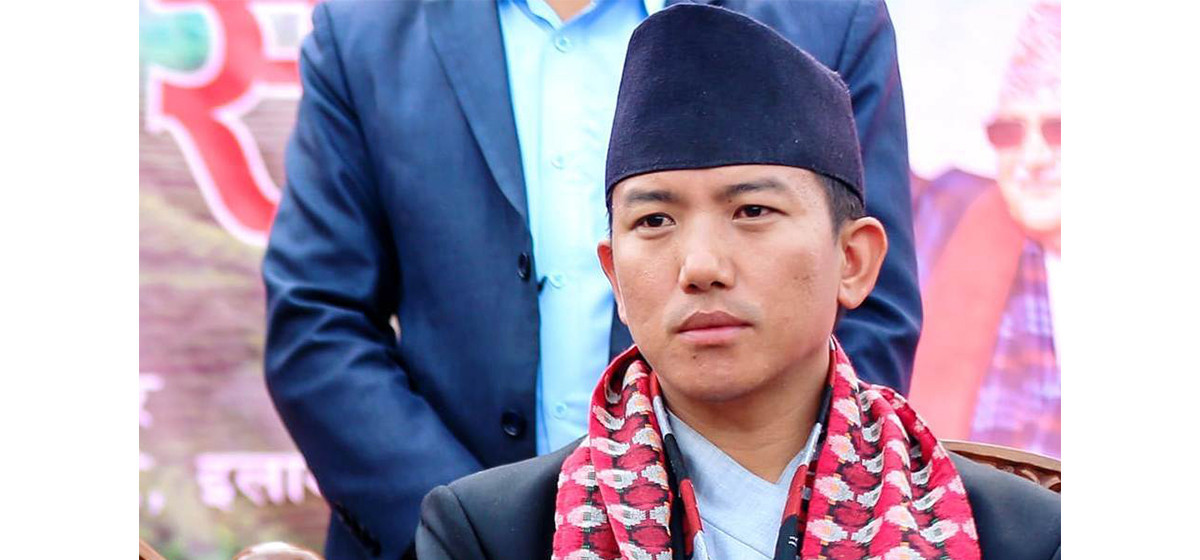
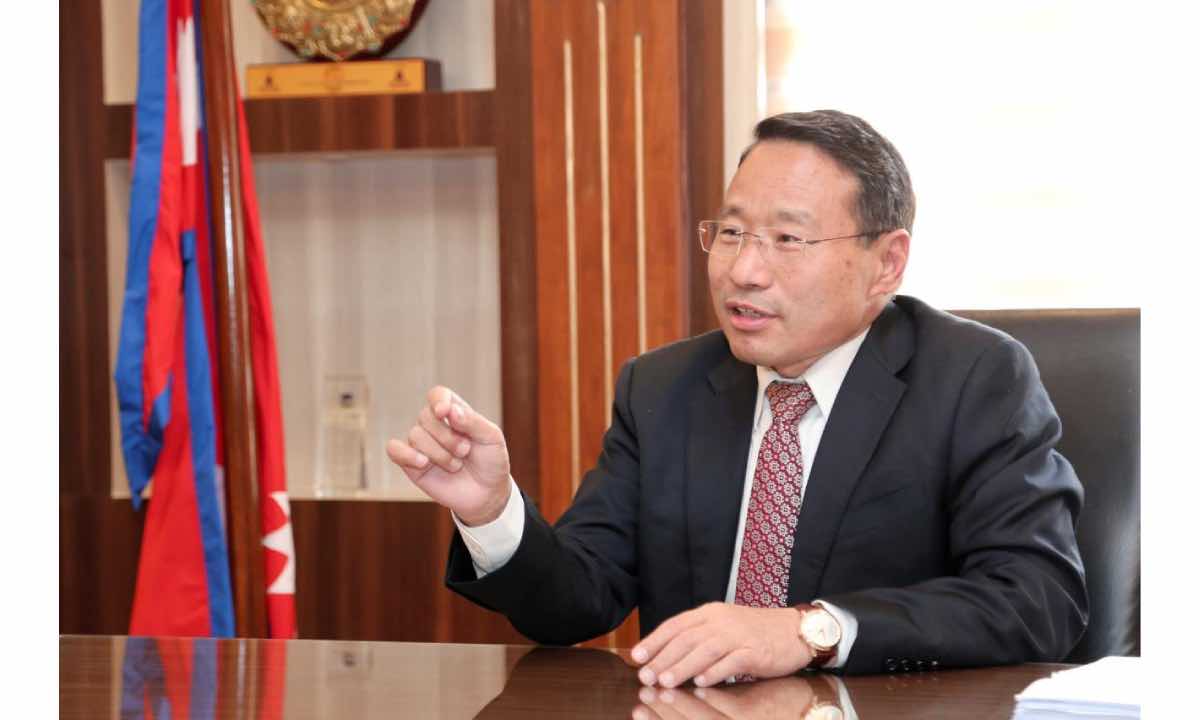
Just In
- Newly-elected HoR member Nembang pledges to value ballots
- Parliamentary committees call for quorum rule revision
- Third Session of Karnali Province prorogued without passing any bill
- Embassy of India in collaboration of IBN and NICCI organizes Post Investment Summit India-Nepal B2B meeting
- NEPSE rises by 25.93 points, daily turnover surges to Rs 4.80 billion
- Suhang Nembang's journey from a lawyer to a lawmaker
- Book containing speeches of Narendra Modi published in Nepali language
- NSO projects Nepal’s economic growth rate at 3.54 percent in current FY





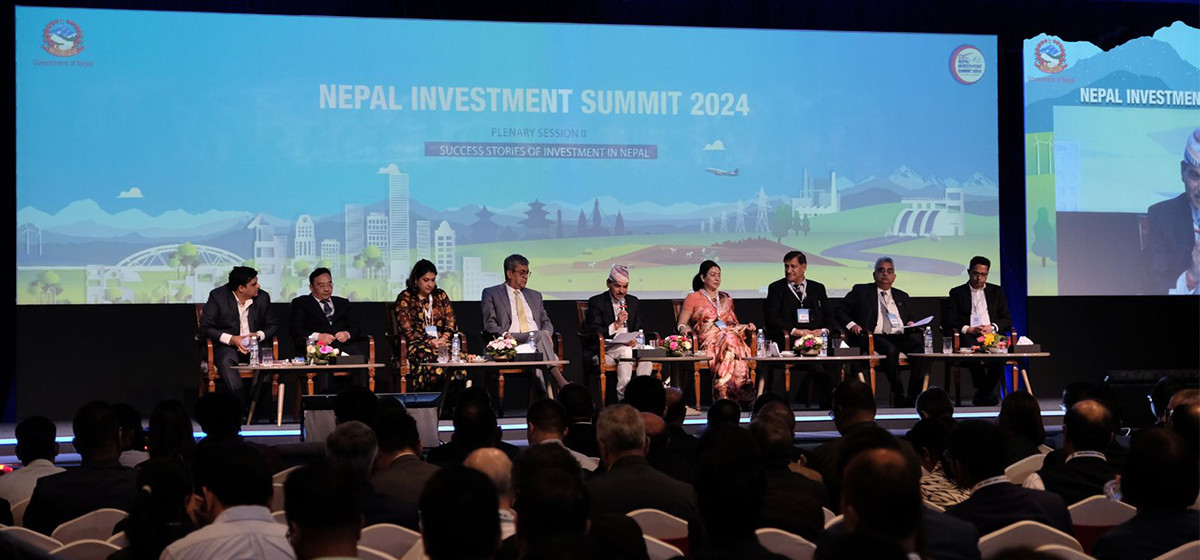
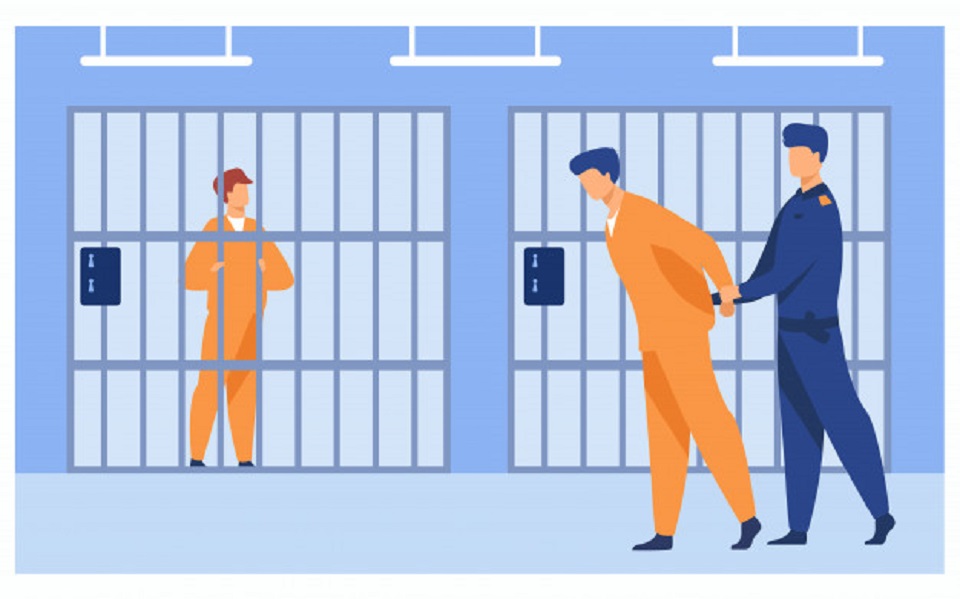
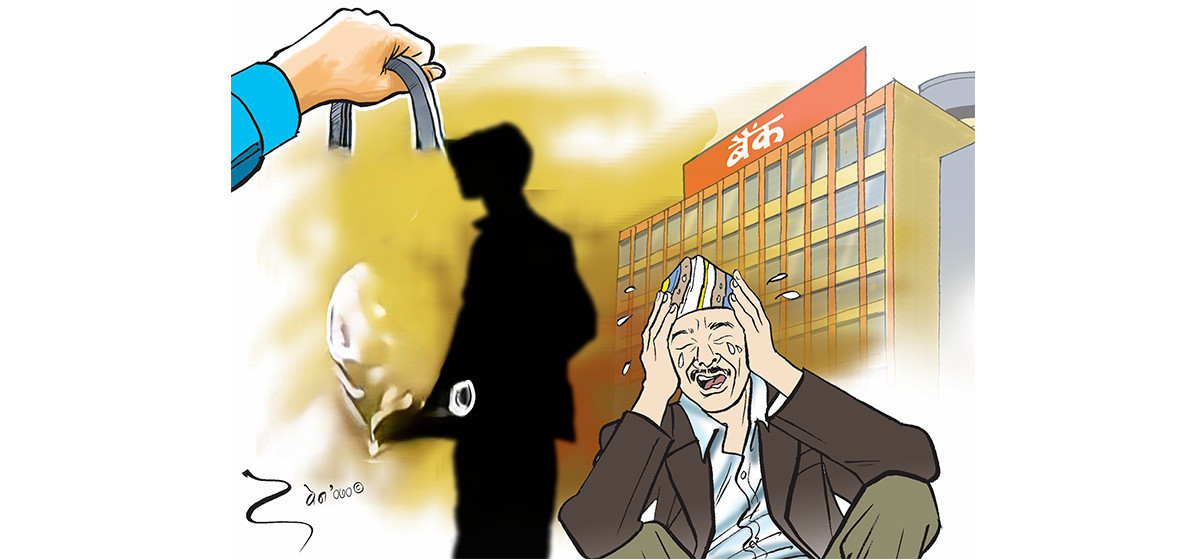
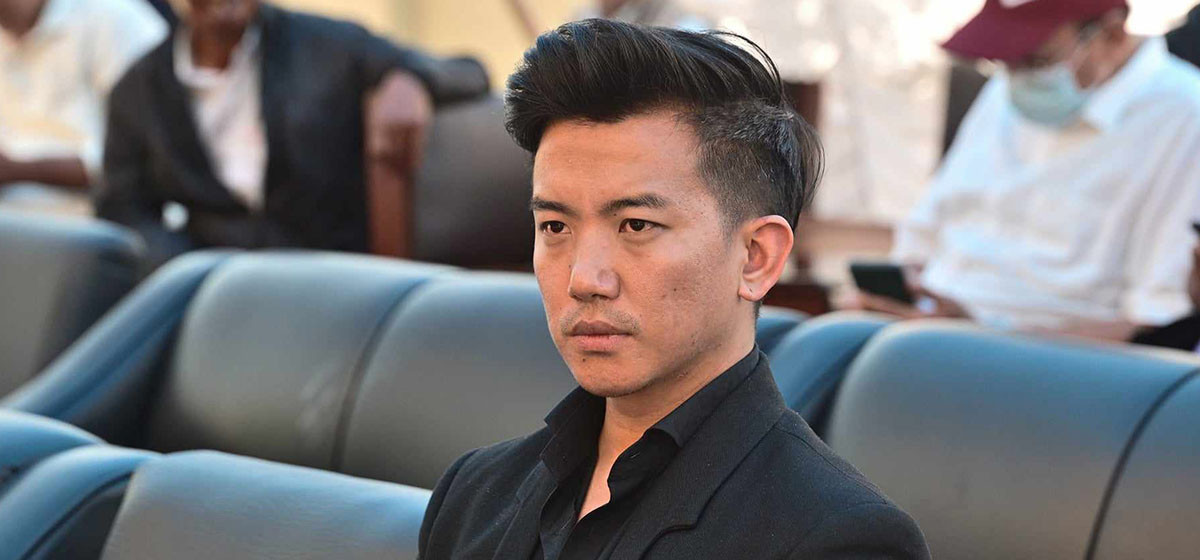
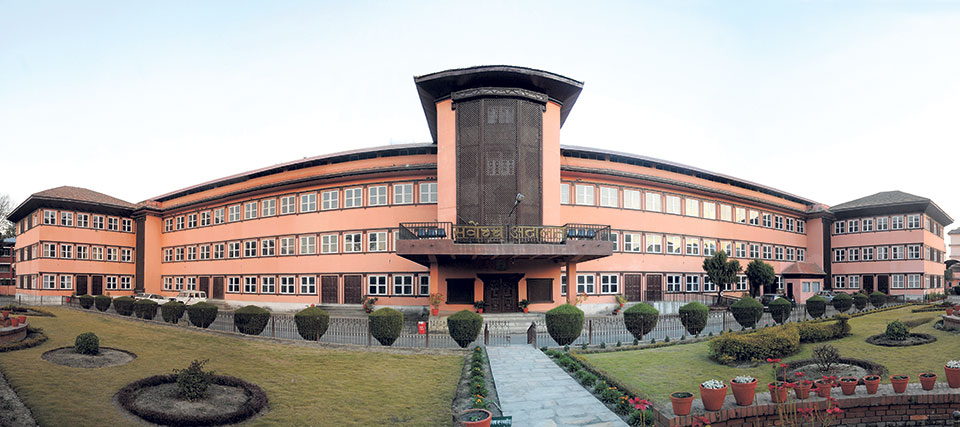
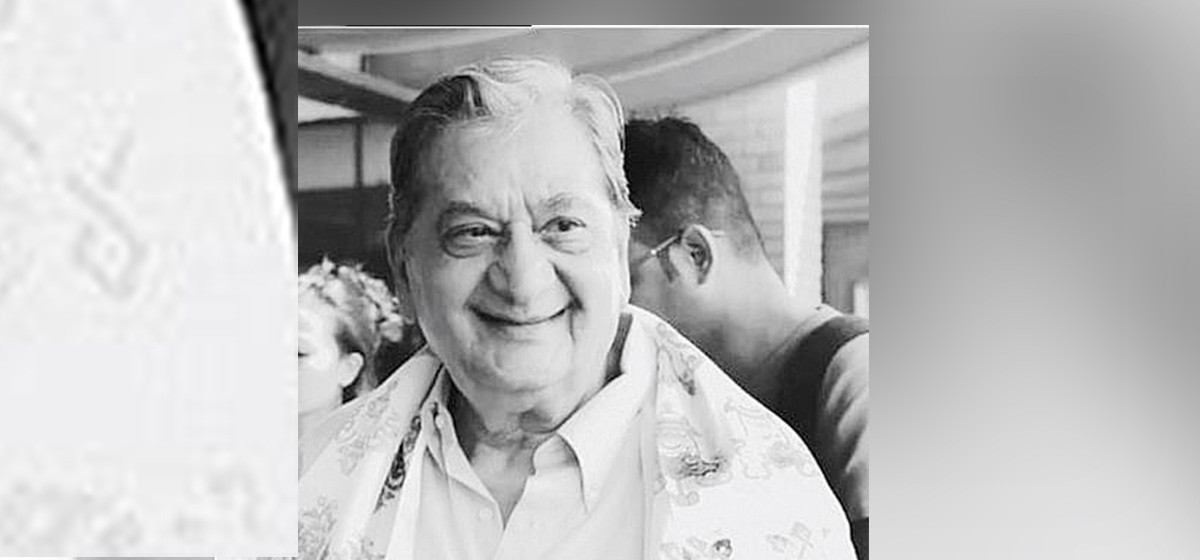
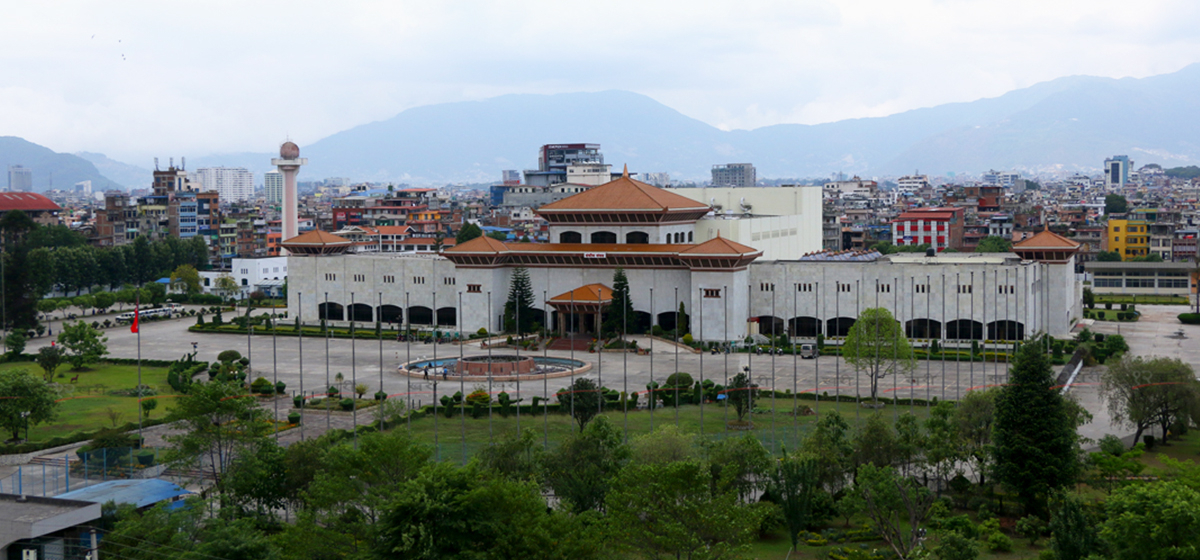
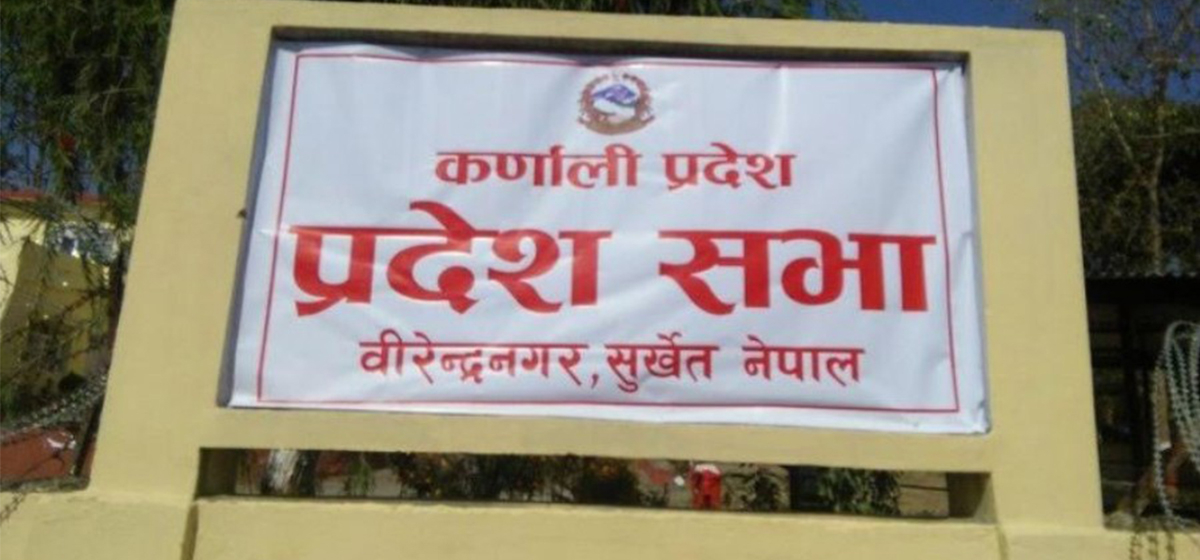

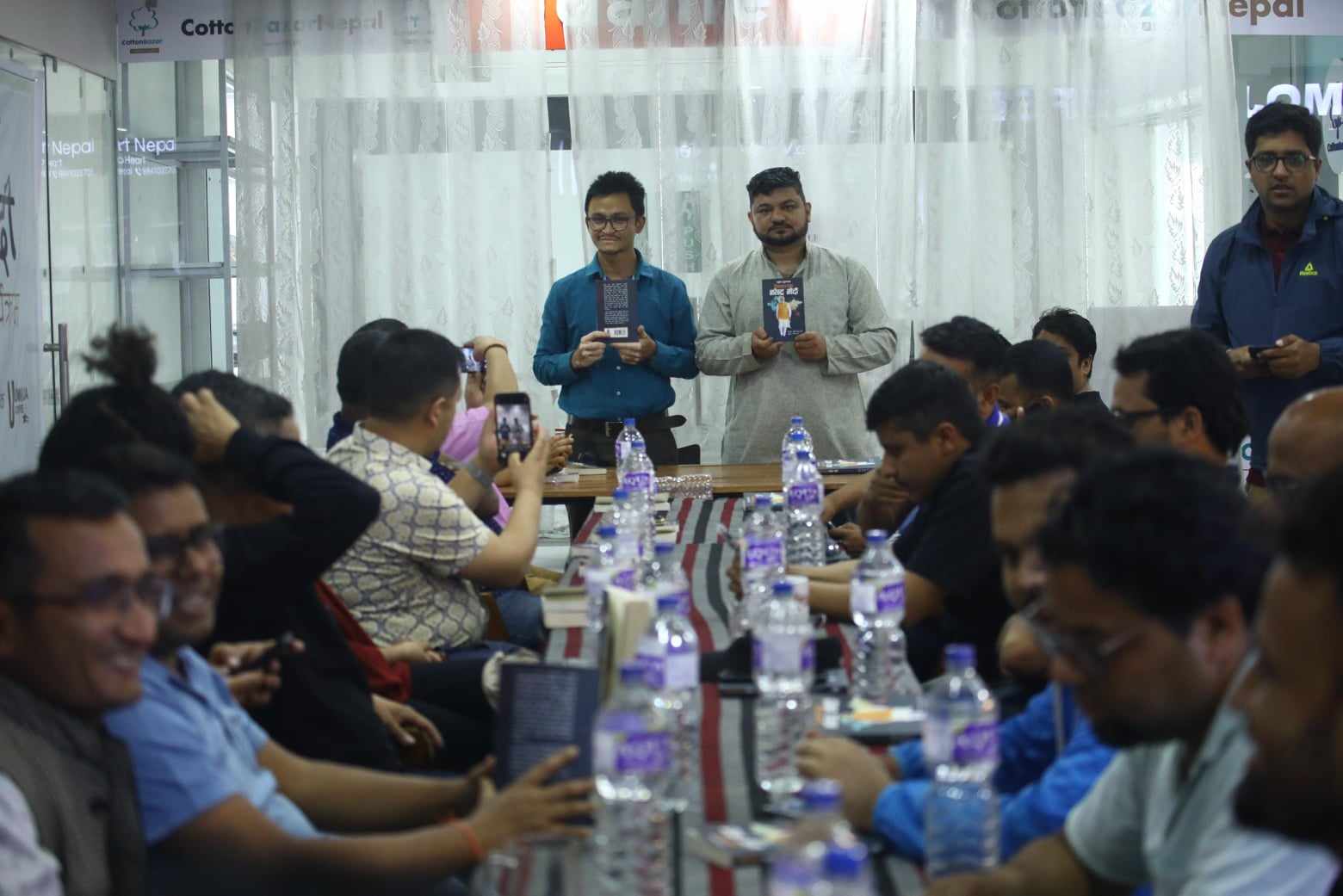
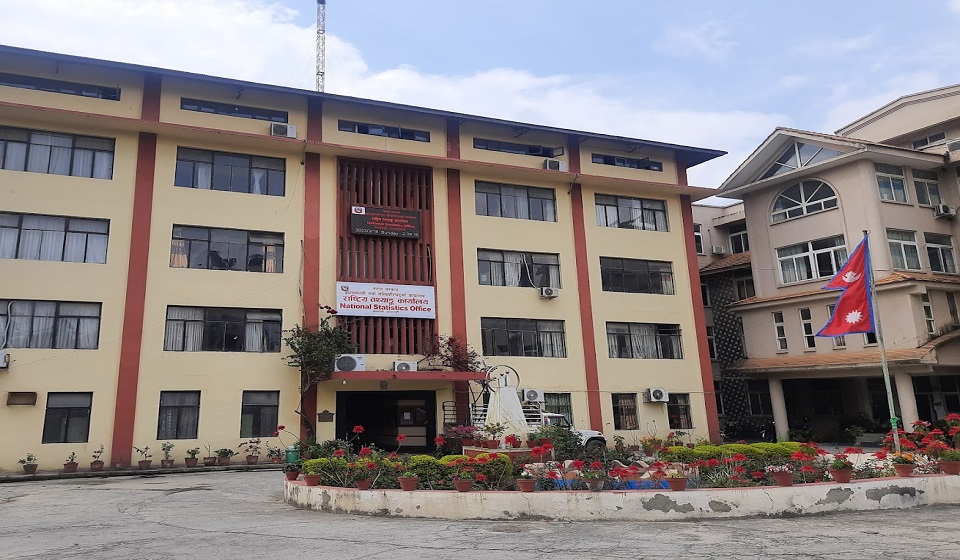
Leave A Comment